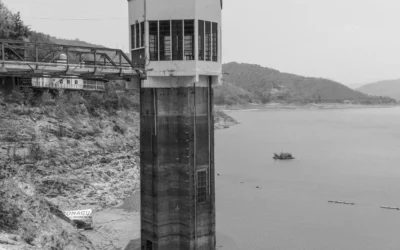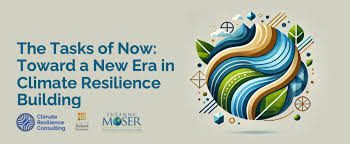by Rodrigo Cervantes and Jérôme Sessini on longlead.com…Every day, for most of her life, Norma, a 68-year-old woman from the outskirts of Mexico City, has struggled to get something that many of us take for granted: drinking water.
A Logic For The Future
from the Long Now Foundation…Stephen Heintz and Kim Stanley Robinson will discuss our polycrisis, and the swift and holistic reform of global governance institutions that is needed to respond to these urgent transnational and planetary challenges we are facing.
We’ve failed to stop climate change — this is what we need to do next
by Ben Spencer in The Sunday Times…While we can still limit warming by cutting emissions, we now face having to adapt to more extreme weather
For many of us, it doesn’t cost much to improve someone’s life, and we can do much more of it
by Hannah Ritchie in Our World in Data…Most countries spend less than 1% of their national income on foreign aid; even small increases could make a big difference.
Martial Law: A Guide
by Sincerely, T…Martial law can dramatically alter daily life and limit personal freedoms. Remaining informed, prepared, and organized is essential. If resistance is necessary, prioritize peaceful and lawful methods to protect yourself and your community.
Are we living through a catabolic collapse?
by Zaid Hassan on LinkedIn…Unlike theories that frame collapse as an external shock, catabolic collapse suggests that the mechanism of decline is internal, driven by the growing mismatch between resource consumption and available inputs.
The rise of the degrowther right
by David Broder in Jacobin…A new conservative environmentalism that blends anti-modernism with nationalism and austerity is spreading across Europe.
Elite fragmentation in the United States: Global or domestic phenomenon?
by Mark Mizruchi in American Behavioral Scientist…The actions of societal elites exert a disproportionate impact on events and outcomes in their home societies. These actions are driven by a combination of factors internal and external to their nation.
The tasks of now: Toward a new era in climate resilience building
by Susanne Moser, et al…As the climate crisis intensifies, so does the need for philanthropic investments that are strategic,
innovative, and sustained over the long-term. This report identifies a variety of funding opportunities
that align with key transformative strategies.
What is this era of calamity we’re in? Some say ‘polycrisis’ captures it
by Matthew Cantor in The Guardian…The term ‘polycrisis’ has gained traction as we face one disaster after another. It’s overwhelming – but diagnosing the catastrophe is the first step to addressing it.





